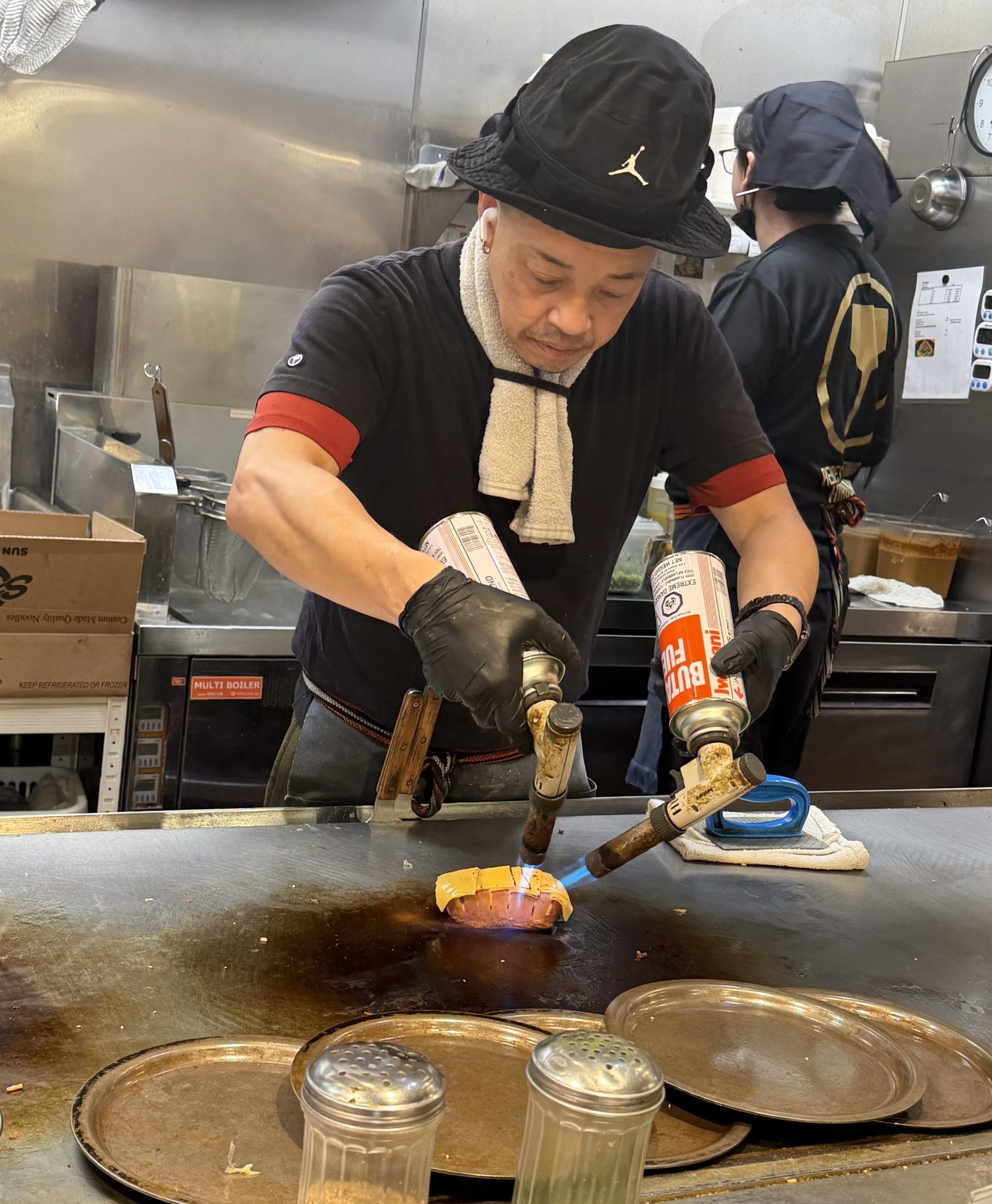
Life at the Copan excavation site had little in common with what Professor Eugene Lattistrom experienced when he first went there to study the ruins twenty years earlier. A younger generation had now seized control, and they brought with them all their modern influences. They were not pioneers, as Lattistrom once was. They wielded machetes only to be photographed. They embraced the bad food as “part of the experience.” They wanted the sour milk. They compared the severity of their prickly heat bumps, like veterans comparing war wounds. They publicly scratched at their mosquito bites and then dismissed concerns with bravado. It’s nothing. It’s cool. I can take it. They craved hardiness, embraced it as an essential component of field work. But Lattistrom, back in the day, would have much preferred if Copan had been discovered in the lobby of the Ritz Carleton. Because the Maya were the story. All this heat and jungle nastiness was an unfortunate side-effect to be endured, and never embraced.
Nothing happened for its own sake with these new guys. No experience was allowed to simply float down the river of time. Cameras and videos and journals and souvenirs and tattoos. This is me doing that. Vials of dirt from a first dig. Building muscle. Getting a tan. Pride in shirt stains that won’t come clean. Mud on my boots this thick! Building petty temples to honor themselves. Auto-anthropology, Lattistrom called it. Which requires no specialized degree.
“It’s all horseshit,” the professor announced when they got back to camp, once he changed into some real clothes, drank a glass of wine, and started acting like a reasonable human being. “They want it to be like the good old days, which were actually terrible. People got diseases and died out here. The locals didn’t help us or work for us, they hated us for exploiting their heritage. But we did it anyway, and didn’t always feel great about it. But I guess these new kids are typical. They’re so proud of themselves because they can make it out here. But so much has changed. It’s a piece of cake now. They act like it’s the end of the world if the power goes out. We didn’t have power. Just vats of toxic bug juice and neckerchiefs to keep the vampire bats away.”
“That’s why people wore neckerchiefs?” Marona said, amazed.
“Got you,” he said, smiling.
She punched his arm. That was the surprising thing about Lattistrom, not how ridiculous and delusional he was, but rather how downright normal he could be.
“There’s an old saying about people in this line of work, that there should be another group of scholars studying us.” He went on, telling Marona how much joy he used to get out of watching the new folks suffer. “They write papers about how specific environmental factors effected the trajectory of the civilization, as if those factors were abstract concepts, like numbers or letters. But then they get here in the field, and those factors are still there; the rain, the heat, the mud and bugs and disease. The brutal nasty shovel work in the punishing humidity. And they somehow act surprised by how bad it is. And you think, didn’t you just spend two years learning about how this shit took down an entire civilization? Made people act crazy, throwing virgins into volcanoes and all that. They think these godkings wore jaguar skulls on their heads because it looked cool. But that’s not it, Marona. They did it because jaguars were scary as hell, and they killed and ate babies and destroyed families. I say if you want to study the Maya, just go stand alone in the jungle for three hours and feel that fear. That’s as close as you’re ever going to get to them.”
“Is that what you’re doing now?” she asked.
“Exactly, Marona. I’m so glad you’re here. That you understand. It’s not that complicated is it?”
“You’re attempting to understand the Maya by praying to their gods.”
He nodded. “So what’s the big deal, right?”
She laughed. “It does sound crazy.”
“It’s ingenious is what it is. And by the way, you don’t have crazy people in Manhattan, all high and mighty?”
Before she linked up with the professor, Marona had been out there with the rest of them, with her shovel and bucket, serving her penance. Every single structure in Copan had been reclaimed by the jungle this past nine hundred years, and to even get a clear look at anything, the dense tropical biomass had to be stripped away. There was local labor available for that sort of thing, but any archeologist worth his salt, even amid this new wave, had to have dirty hands. The work was tedious and gross. The muds and mosses were infested with all manner of creepy and slimy invertebrate. The pungent odors of decay and renewal stuck to bodies and clothing. The landscape rebelled against its own removal with stickers and thorns and toxic oils.
And then there were the howlers, monkeys cursed by the gods, or so the natives said. They moved through the jungle canopy in huge groups, their collective noisemaking psychologically devastating to the workers below. They sang in the tones and frequencies of the underworld. Ceaseless and deafening. You dared not look up and lock eyes with one of them. You prayed for their passing like you would for tornado funnels or enemy bombers.
“They see it all as a context for their own heroics,” the professor continued, “which is fine for volunteers like you, Marona. Your only compensation is the experience. But these grad students and site managers, these newly anointed professors, really have no business romanticizing anything. They have it all backwards, and that’s why they’ll never understand. It’s not about the experience. It’s about the Maya. They reinvent the camp a million ways, while the subject stays fixed in time. It’s all about grooming now, and fitness, and allergies, and proper footwear, and sleep cycles. People go jogging! They bring kids to this place, like it’s a vacation resort. Can you imagine?
“So now I’m considered washed-up. There are trends and fads within each sub-field and I’ve apparently fallen outside newly accepted methodologies. I’ve lost my influence. These snarky up-and-comers trample on my back while at the same time they stand tall on my shoulders. They make fun of my clothes. They even make fun of my pencils. Like it’s not cool anymore to write with a pencil. It’s crazy.
“But thank God for the vegetarian dining options, the chemical toilets, the Larium and anti-venom, right? Because how could we possibly do anything without it? Now it’s all about covering debris heaps with blue tarps, about staying dry and using anti-fungals preventatively. If I hear another archeologist say the words ‘stream integrity’ or ‘invasive species’ my head will come off.
“Where are the wood fires, the poker games, the girlie magazines? Where are the care package doughnuts? The rooster alarm clocks?”
He slammed his empty glass down on the table.
“At least there’s still wine,” Marona said.
“Yes!” he cheered emphatically. He refilled their glasses.
Marona smiled at him. She didn’t understand exactly how, but it was working. She felt a little better every day. Thanks to Lattistrom.







